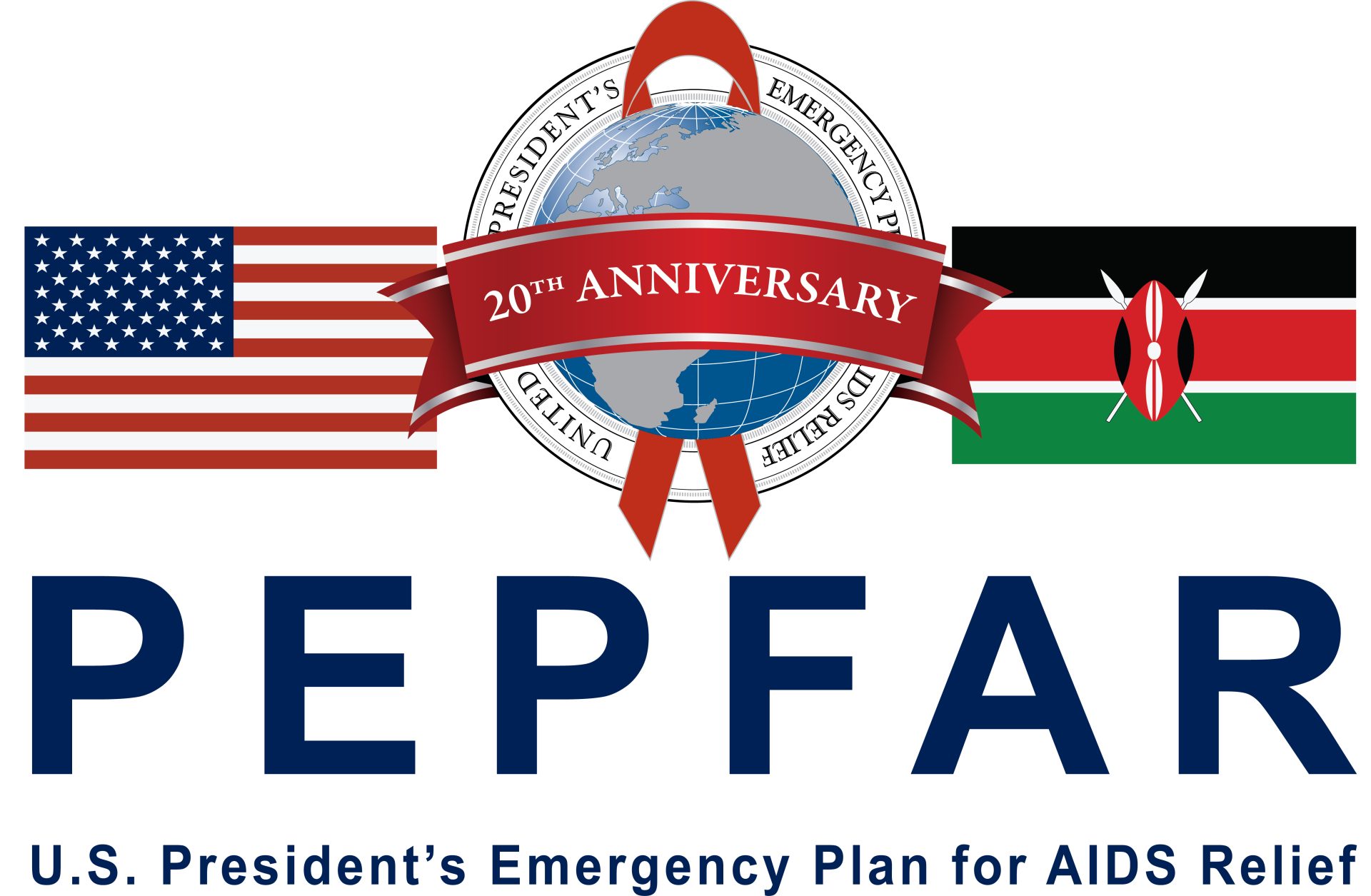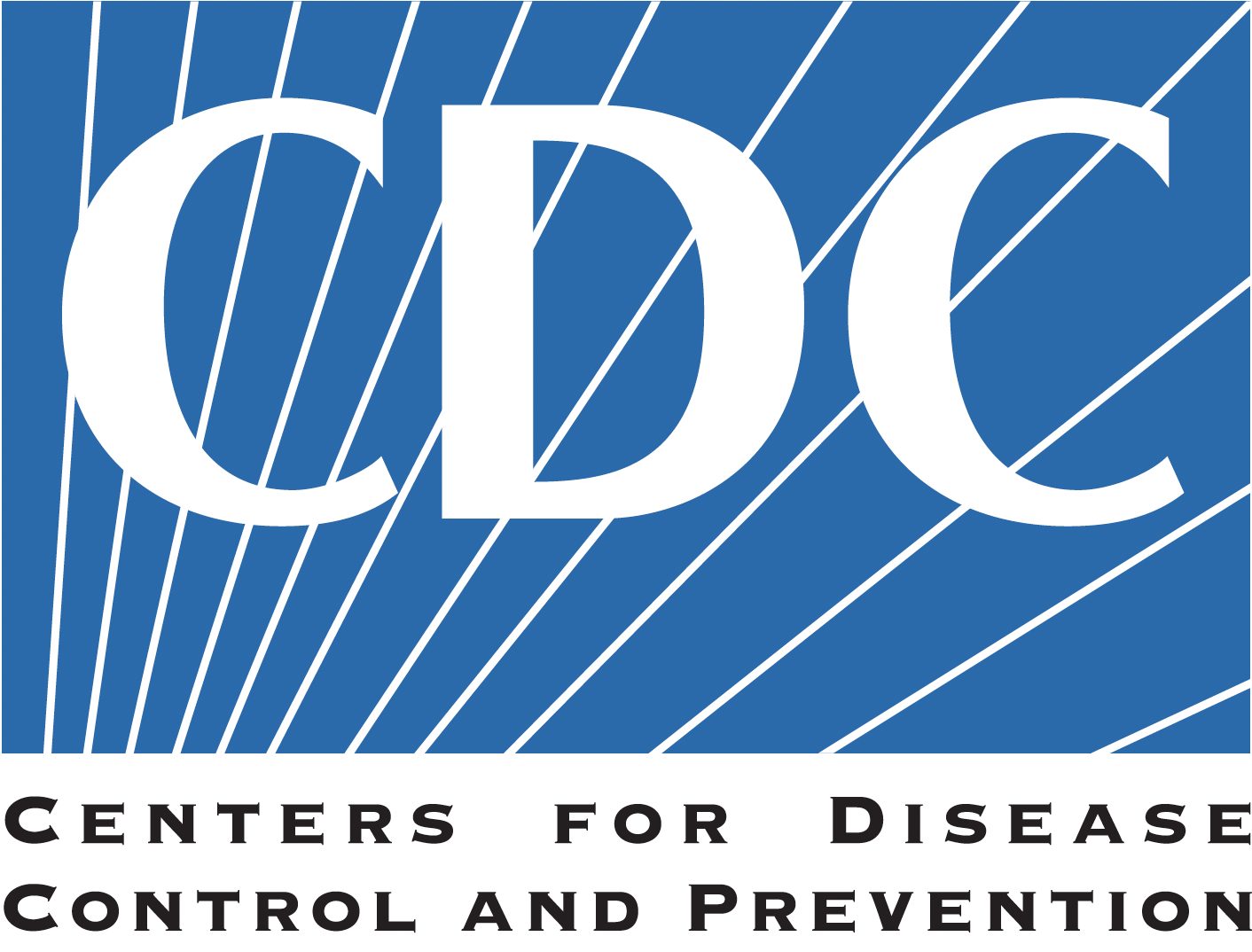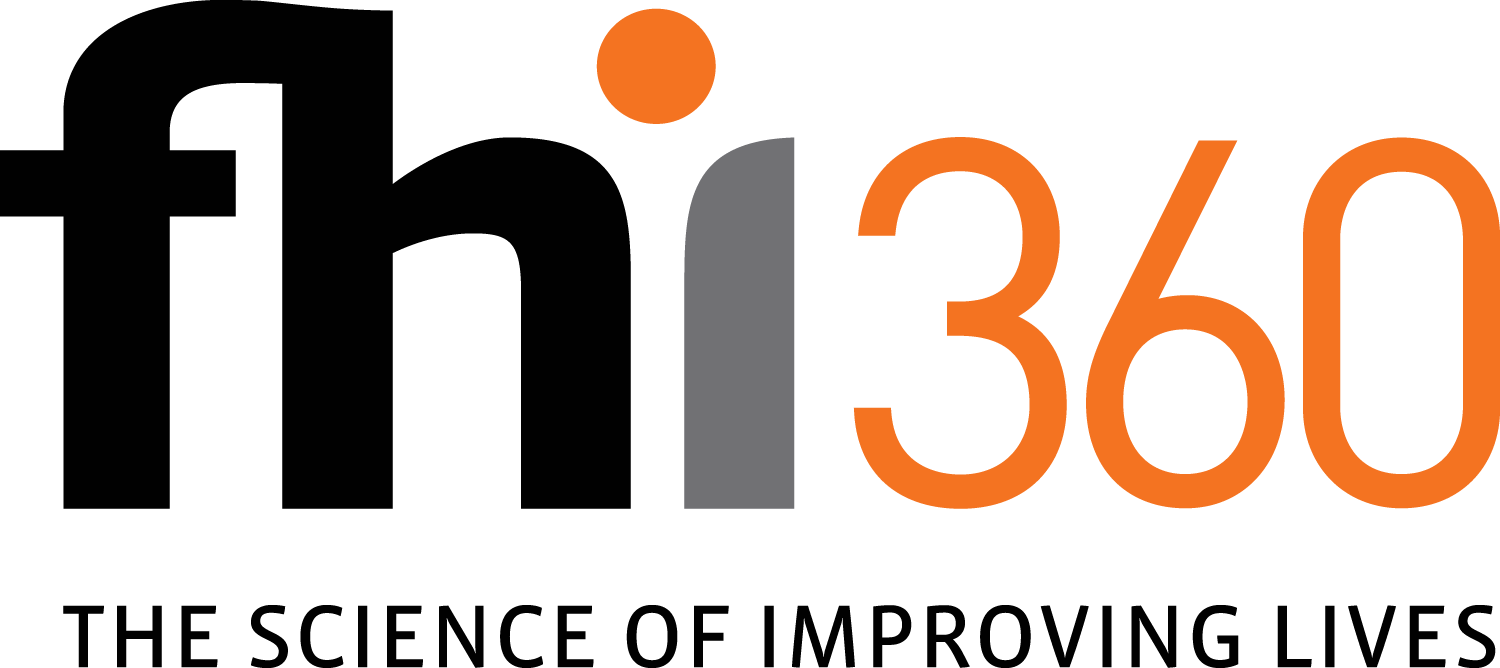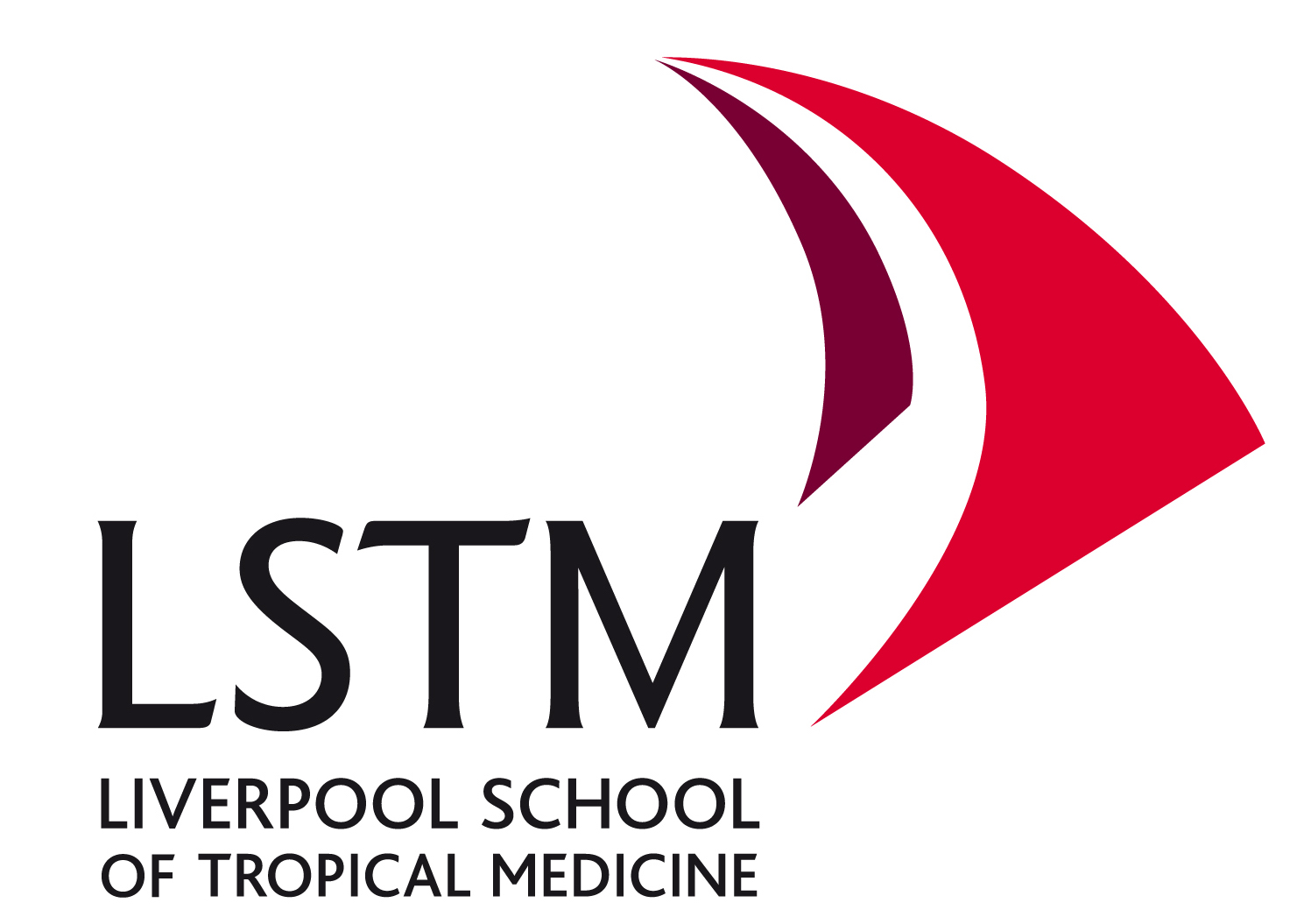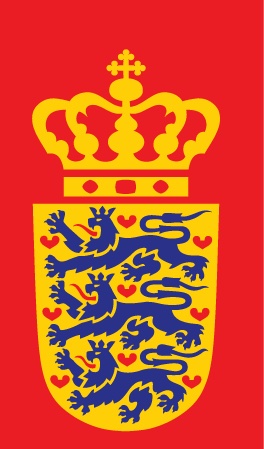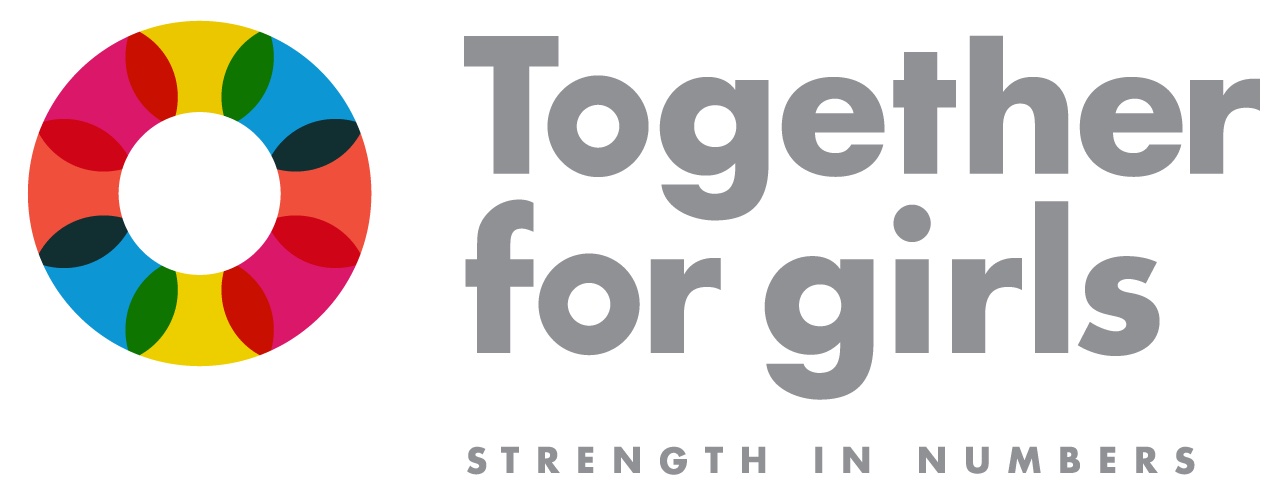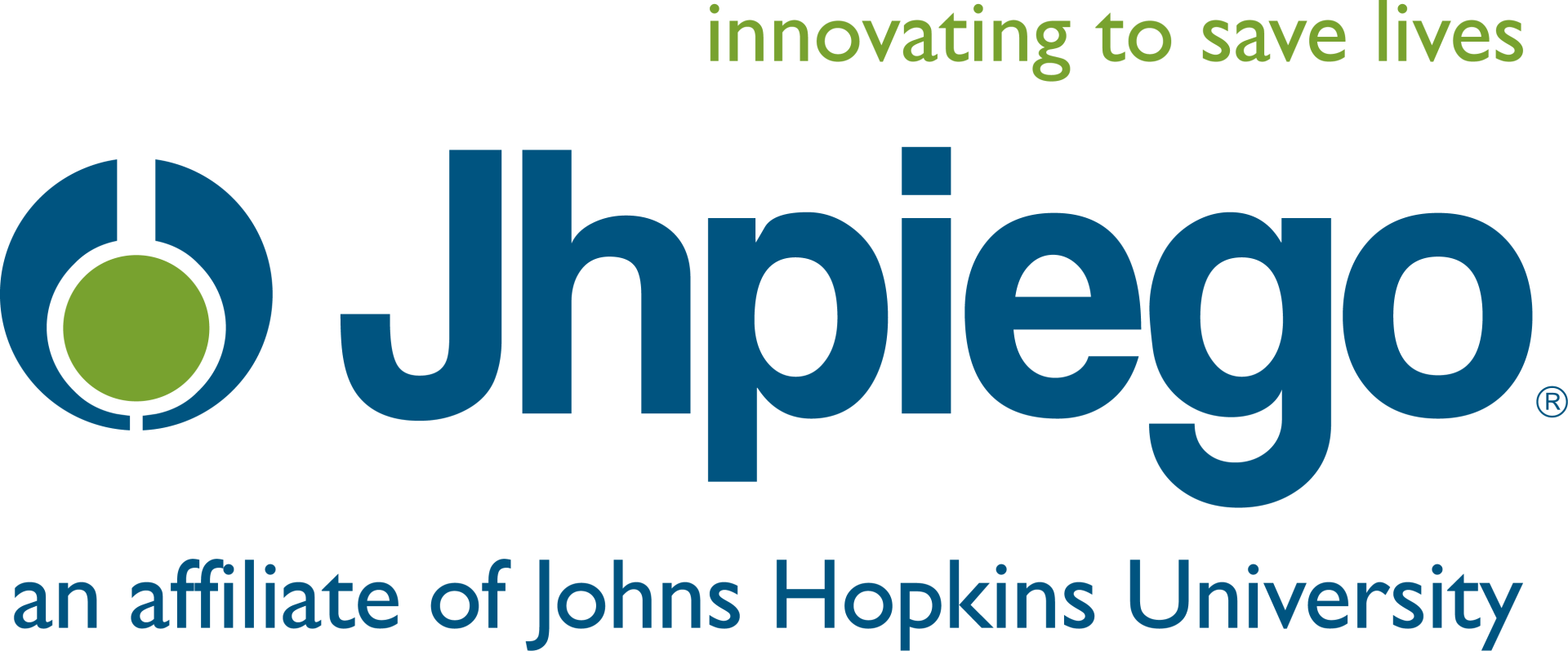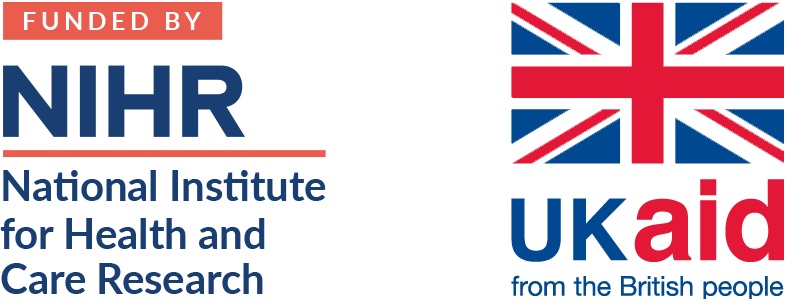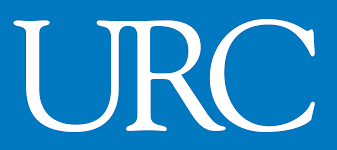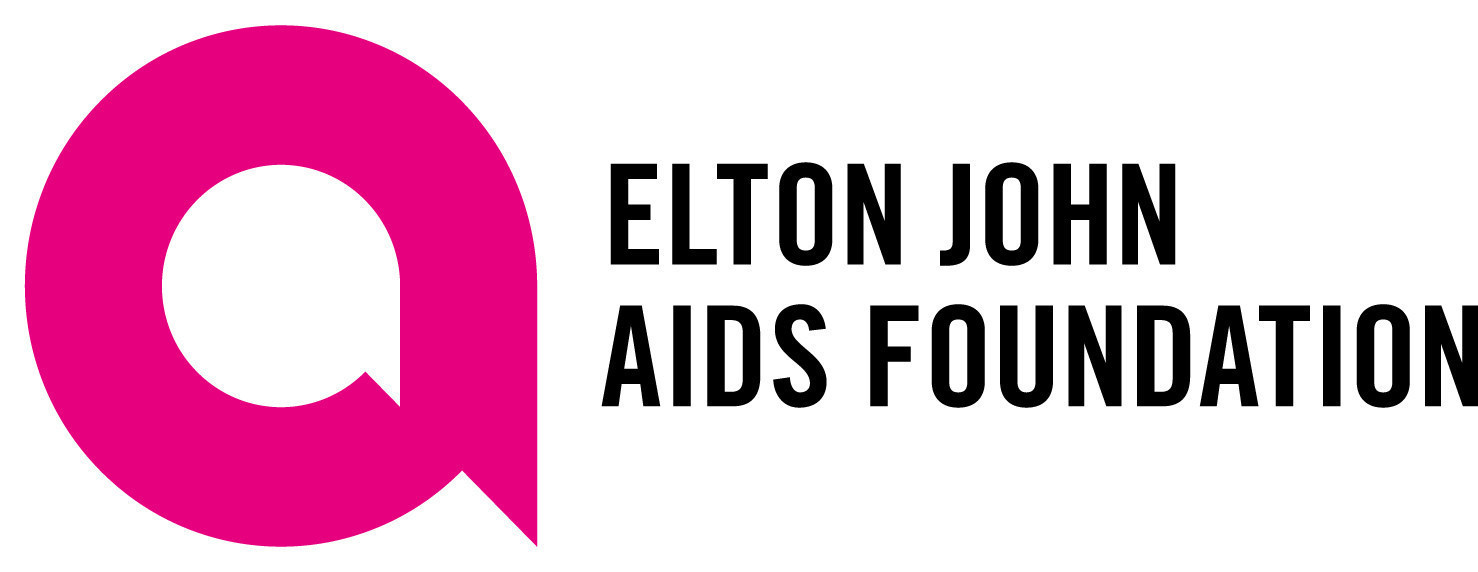Building an Inclusive Future: LVCT Health at the African Regional Convening Towards Women Deliver 2026
Panel discussion with LVCT Healths SRHR disability advocates The African Regional Convening Toward Women Deliver 2026, convened in Nairobi from...




LVCT Health celebrated 20 years of rich history, journey and progress towards delivering health outcomes in Kenya and beyond.
Our work focuses on the most vulnerable and
marginalized populations most at risk of getting HIV infections and negative sexual reproductive health
outcomes.
Our work is anchored in a Research-Policy-Practice -RPP framework (Hatua model) through which we implement evidence informed programs.
Protecting children, young people and vulnerable adults from harm in the communities where we work is central to achieving our mission of empowering healthy communities.
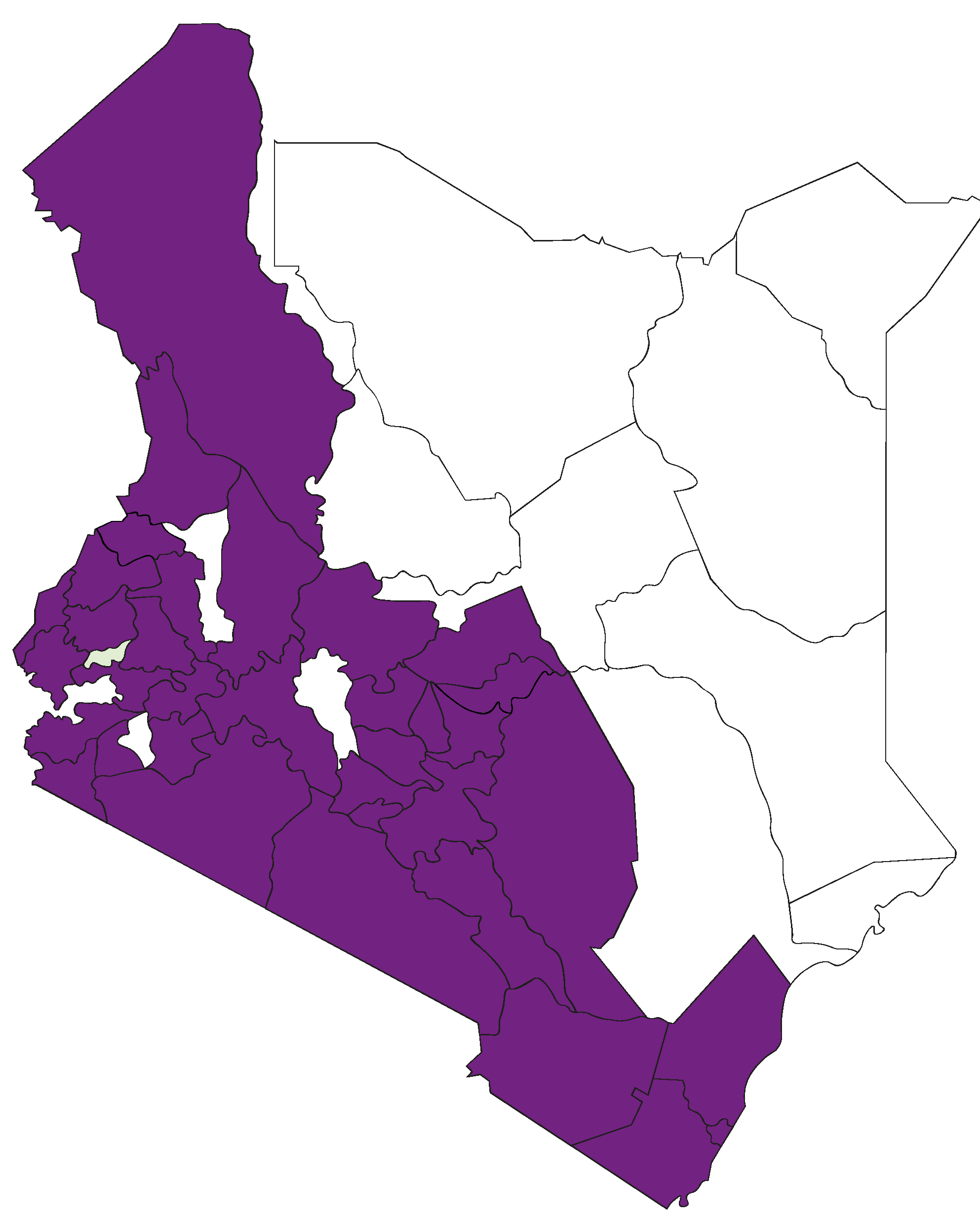
Individuals tested for HIV
Studies/ Evaluations undertaken (and ongoing)
Adolescent and young people reached with HIV, sexual reproductive health and sexual violence prevention information through our one2one™ digital platform, OKY App period tracker and mainstream media
Mental health is fast emerging as one of the most pressing challenges facing children and adolescents. Despite its significance, mental health remains underfunded and often overlooked in public health and development agenda.
In Kenya, over two-fifths of adolescents (44.3%) are affected by mental health conditions with suicide ranking as the second leading cause of death among this demographic. This alarming reality underscores the urgent need for action.

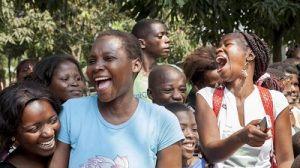
Maximizing Options to Advance Informed Choice for HIV Prevention (MOSAIC) is a five-year (2021-2026) global project funded by the U.S. President’s Emergency Plan for AIDS Relief. The program focuses on introduction and access for new biomedical prevention products to prevent HIV for women in Sub-Saharan Africa.
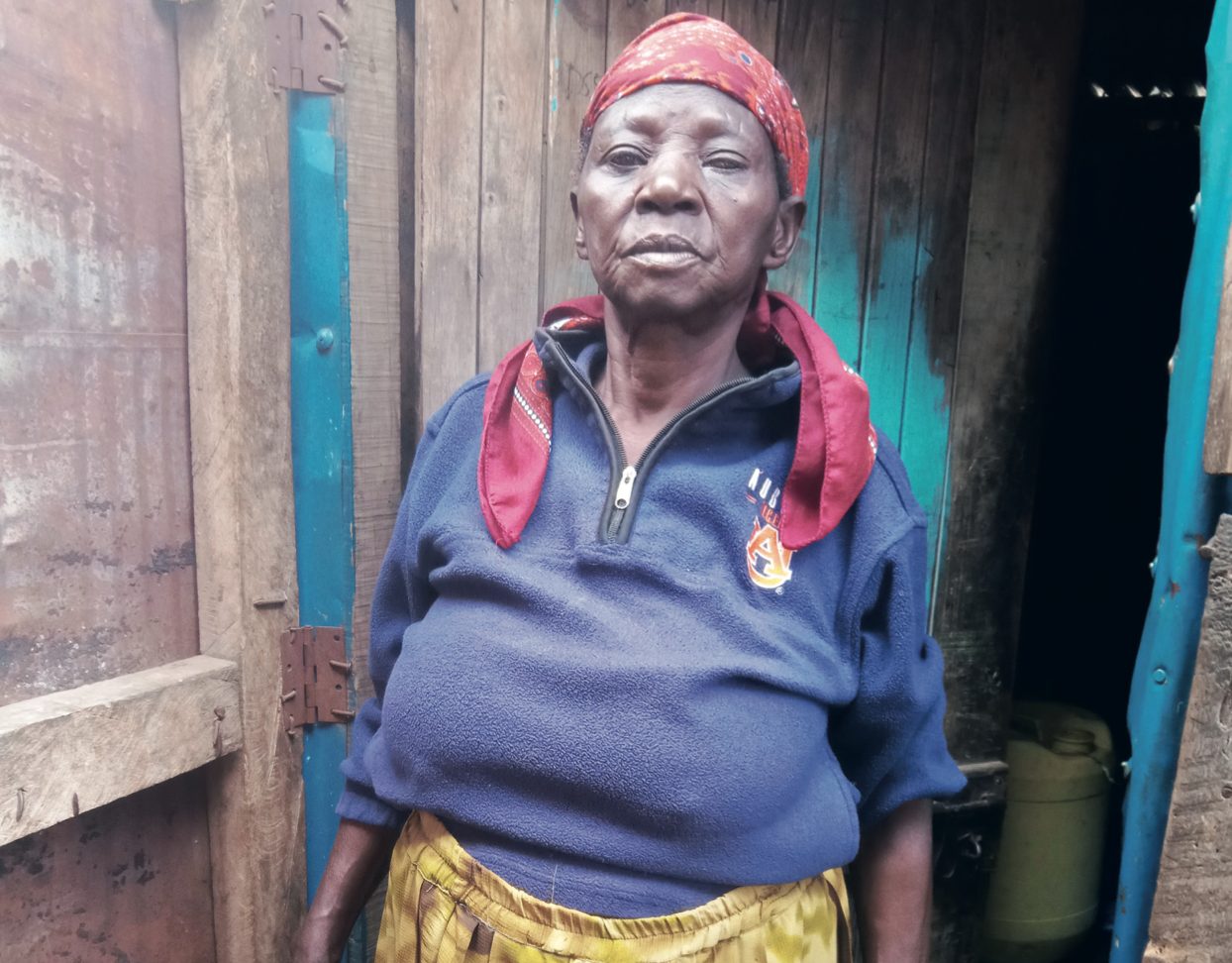
The ARISE Hub – Accountability and Responsiveness in Informal Settlements for Equity – is a new research consortium, set up to enhance accountability and improve the health and wellbeing of marginalised populations living in informal urban settlements in low- and middle-income countries.

Strengthening health systems by addressing community health workers’ mental well-being and agency (NIHR-SHINE) aims to develop a comprehensive approach that promotes well-being and resilience among Community Health Workers (CHWs) while incorporating training, community cohesion, and support within the health system

Maximizing Options to Advance Informed Choice for HIV Prevention (MOSAIC) is a five-year (2021-2026) global project funded by the U.S. President’s Emergency Plan for AIDS Relief. The program focuses on introduction and access for new biomedical prevention products to prevent HIV for women in Sub-Saharan Africa.

The ARISE Hub – Accountability and Responsiveness in Informal Settlements for Equity – is a new research consortium, set up to enhance accountability and improve the health and wellbeing of marginalised populations living in informal urban settlements in low- and middle-income countries.

Strengthening health systems by addressing community health workers’ mental well-being and agency (NIHR-SHINE) aims to develop a comprehensive approach that promotes well-being and resilience among Community Health Workers (CHWs) while incorporating training, community cohesion, and support within the health system
Panel discussion with LVCT Healths SRHR disability advocates The African Regional Convening Toward Women Deliver 2026, convened in Nairobi from...
Community Health Workers (CHWs) are the cornerstone of an effective, equitable health system, yet their own mental wellbeing is often...
In June 2025, over 80 teachers from Kasimba and Gachororo Primary Schools participated in intensive four-day trainings under the LEARN...
A community health promoter during a household visit for effective linkage to health facility. The Challenge In many Kenyan counties,...
Half of all new HIV infections in Kenya occur among adolescents and young people.
Men and women living in fishing communities across the world are 5x more vulnerable
It is estimated that there is are currently more than 1.6 million people living with HIV in Kenya.
